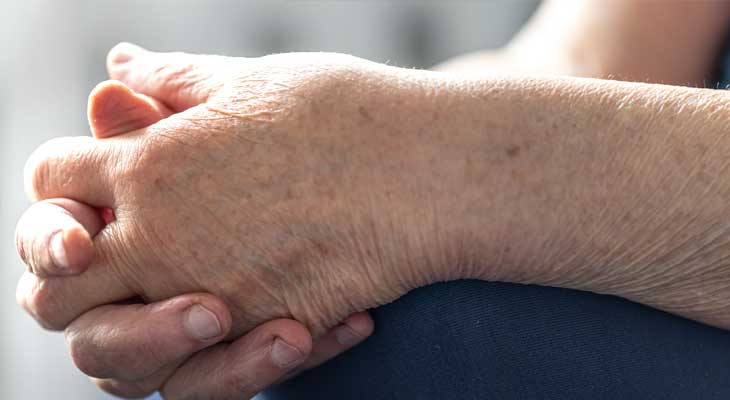INFORMATION SHEET: MELANOMA
Melanoma is a type of skin cancer that begins in the skin's pigment cells, known as melanocytes.
Melanomas happen when melanocytes grow abnormally and out of control, avoiding detection by the immune system. Melanomas can develop anywhere on the body, even in areas that have not been exposed to sunlight.
Each year, over 16,800 new cases of Melanoma are diagnosed in Australia. Fortunately, 90% of people are successfully treated by surgically removing the primary Melanoma.
The biggest concern with Melanoma is that it can spread to other parts of the body, a process known as metastasis. The stage of Melanoma refers to its size and whether it has spread. Your Doctor will tell you the stage of your Melanoma and the treatment options that are best for you.
If a Doctor suspects you have a Melanoma, they will examine the skin and may take a biopsy to confirm the diagnosis. After this, treatment options will be discussed. Treatment usually involves removing a larger area of skin around the Melanoma to ensure it doesn't return. In some cases, staging may also involve a biopsy of the lymph nodes.
Early detection and treatment are key to successfully managing Melanoma.

Prinatable Info Sheet (PDF)





